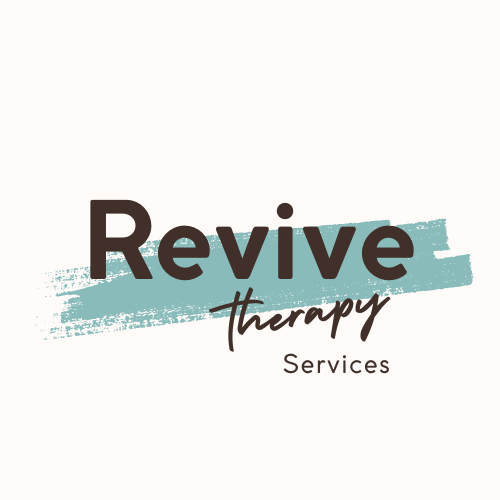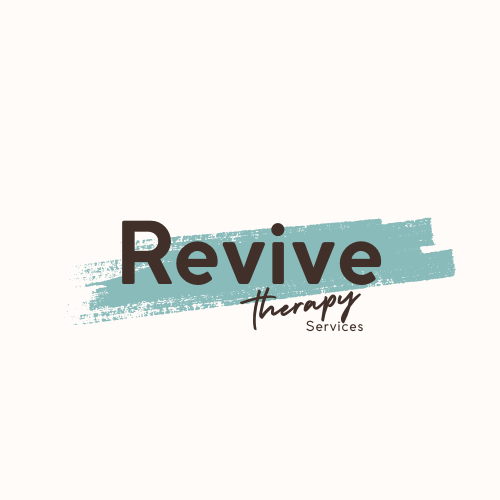3 Subtle Signs of Trauma You Might Be Overlooking
When we hear the word “trauma,” most of us think of major events—things like war, abuse, or serious accidents. But trauma doesn’t always look like that.
Sometimes trauma is quiet. Sometimes it’s woven into everyday life. Sometimes it’s so normalized we don’t even realize it’s trauma at all.
If you’ve ever felt overwhelmed for “no reason,” constantly anxious even when life seems stable, or like you’re just going through the motions—there might be more going on beneath the surface.
Here are three subtle signs that trauma might be at play, even if you don’t identify with the word:
1. Chronic people-pleasing
Saying “yes” when you want to say “no.” Apologizing for things that aren’t your fault. Shrinking yourself to keep others comfortable. These are all adaptive responses rooted in a survival strategy: fawning. It’s a lesser-known trauma response where we learn to stay safe by keeping the peace and avoiding conflict at all costs. This kind of self-abandonment can become so automatic, we stop even noticing we’re doing it. But over time, it leaves us disconnected from our needs, boundaries, and authentic self.
2. Emotional numbness and exhaustion
If you feel shut down or emotionally flat—even when you’re doing “well”—it might be a freeze response. When the nervous system gets overwhelmed, it sometimes shuts down as away to protect us. You might still be functioning: working, socializing, getting things done. But inside, it feels like you’re on autopilot. You’re tired all the time. You don’t feel joy the way you used to. Everything takes extra effort. That’s not laziness—it’s survival fatigue.
3. Hyper-independence
If your default is “I’ve got it” or “I’ll handle it myself,” you might be operating from a belief that no one else is reliable. Often, this stems from experiences where support was unavailable, inconsistent, or even harmful. While independence can be empowering, trauma-driven hyper-independence is isolating. It keeps you safe—but also alone.
None of these signs mean you’re weak or broken. They mean your nervous system learned how to protect you. And the good news is: healing is possible.
In trauma therapy—especially approaches like EMDR and Somatic Experiencing—we gently work with these protective patterns, not against them. We build safety in the body, explore emotions without overwhelm, and start to rewire your internal experience so you can feel more connected, present, and alive.
You don’t need a specific “trauma story” to begin healing. You just need to know that something feels off—and be open to exploring it with care.
If this resonates, I’d love to support you.
At Revive Therapy Services, we specialize in trauma therapy that goes beyond traditional talk therapy. In Philadelphia, PA we offer online and in person:
EMDR Therapy: Helps your brain reprocess stuck memories, core beliefs, and emotional patterns that live beneath the surface of your thoughts.
Somatic Experiencing: A body-based approach that helps you build tolerance for sensation and create safety within your nervous system, at a pace that respects your capacity.
IFS (Internal Family Systems Therapy): A compassionate, evidence-based approach that helps you explore and heal the different “parts” of yourself—like the inner critic, the people-pleaser, or the wounded child. Instead of trying to get rid of these parts, IFS helps you understand them, build inner harmony, and reconnect with your core Self—the calm, confident center within you that can lead the healing process.
If you are ready to try something new, something that actually works for trauma, we are here for you. Our compassionate and experienced therapists—Salima, Mary, and Kianna—are here to walk alongside you. During your consultation, we'll help you determine if our approach feels right for you.
Ready to take the first step? I offer free 15-minute consultations to see if we’re a good fit!
Click here to book yours today!




